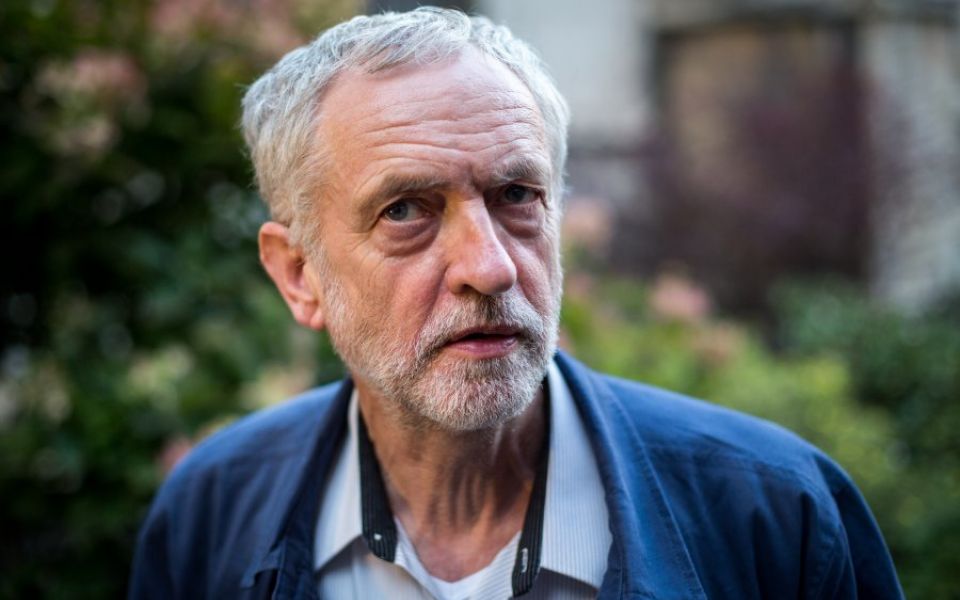Labour antisemitism row is reaching crisis point as talk of a split intensifies

Labour's antisemitism row has dragged on all summer. The party had hoped it would be over by now. Instead, over the weekend, things notched up a level.
A former chief rabbi, Jonathan Sacks, said British Jews were considering leaving the country over a new threat posed by the Labour party "within living memory of the holocaust". Former prime minister Gordon Brown said the party should be "cleansed of antisemitism and racism". And John McDonnell talked of a party split: he was "saddened" he said, at the prospect.
The increased fury at the weekend is due in part to a looming deadline. On Tuesday Labour's national executive committee will make a momentous decision. Should the party accept the International Holocaust Remembrance Alliance's definition of antisemitism, or should they keep their revised version? Their version – which demands more evidence for something to qualify as antisemitism – has been widely condemned by the Jewish community.
This decision has galvanised concerns about anti-Jewish sentiment that have been rumbling along in Labour for some time. (In 2016 a home affairs select committee enquiry into antisemitism criticised the party.) In recent weeks it emerged that Jeremy Corbyn made a statement in 2013 in which he remarked that a group of "Zionists" didn't "understand English irony", despite "having lived in this country for a very long time". He has since clarified his statement, saying he had used the term Zionist "in the accurate political sense and not as a euphemism for Jewish people". Despite his clarification, his comments added to a row that has dominated Labour's summer an alienated many of its own MPs.
There is now increasing chatter in Westminster of a Labour split – fears made real by the departure of Frank Field, the chair of the Work and Pensions Committee, who resigned the Labour whip on Thursday. The MP is highly respected, but seen as a lone wolf, rather than necessarily someone to follow over the trenches. The prospect of a split has several complicating factors, too.
The government is currently trying to reduce the number of MPs from 650 to 600, and if its plans get through parliament, Corbyn may have to reselect a number of MPs. This may allow him to quell some of the most rambunctious factions – as long as he can avoid further provoking his detractors in the process. There is also the Brexit issue: anti-Brexiters in the party still believe they may convince Labour to back a Commons vote for a second referendum, and are therefore loath to abandon ship just yet.
Still, the anger surrounding the antisemitism row has reached a pitch that is difficult to control, and it may yet have the power to initiate a split – whether either side really wants it or not. Many Labour MPs are reaching the end of their tether on the issue. Tuesday's decision will be crucial.
